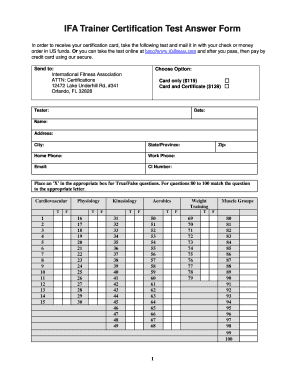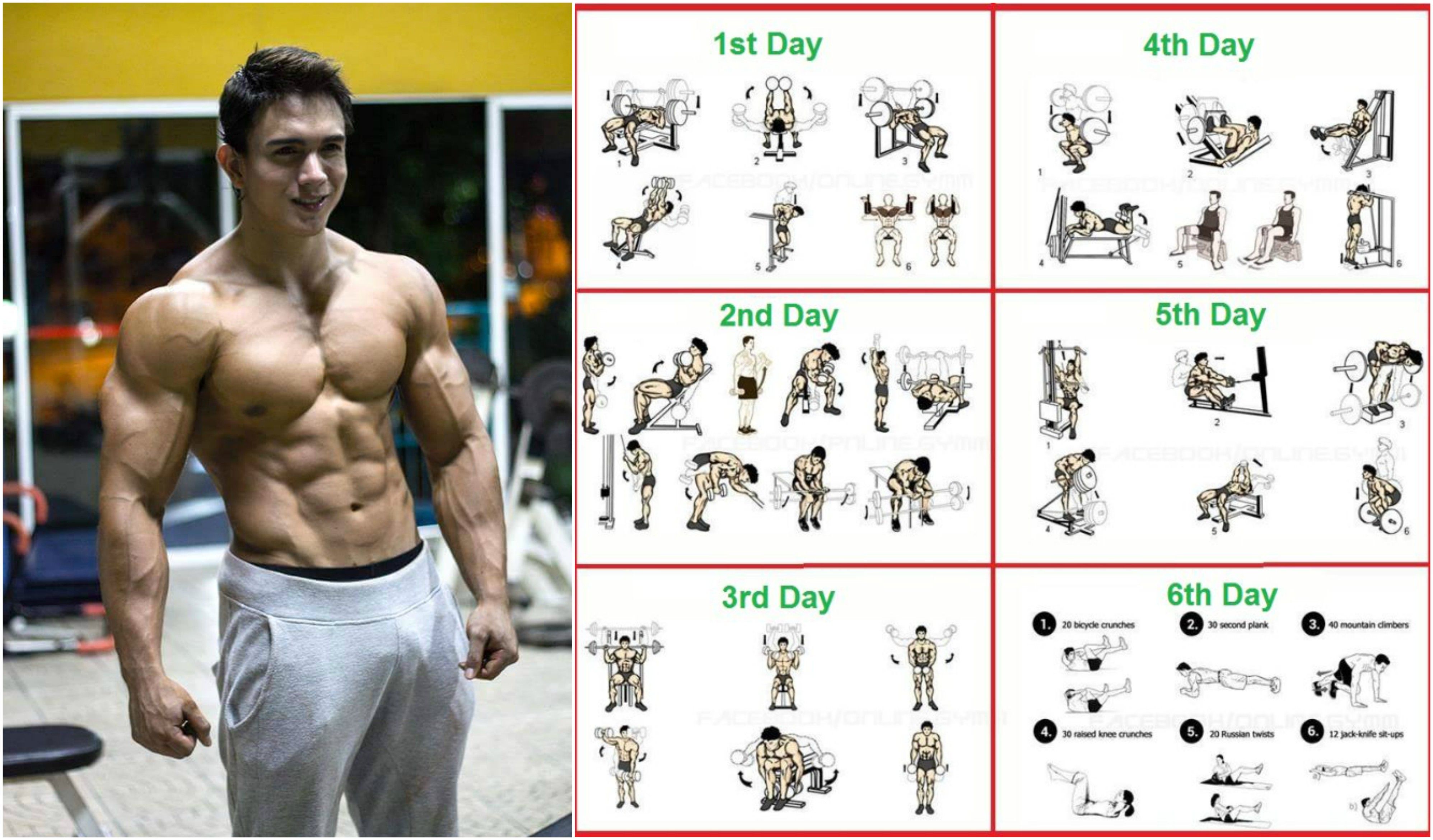
The NSCA offers a wide variety of CEU options through events as well quizzes and at-home study courses. These opportunities are available either through the association itself, or through partner agencies. MedBridge is one example of such organizations. These courses are free and can be taken if you need to maintain your certification.
MedBridge
MedBridge may be the perfect option for those who are interested in earning NSCAE credits. They offer CEUs that are convenient and have the added benefit of being a solid platform. The site offers many continuing education courses. For example, the IDN Foundation course is approved for 2.7 CE units through FSBPT. It offers 27 CE hour or 32 CCUs. And Campus Recreational Sports: Managing Employees, Programs, and Services is designed to develop the skills and knowledge required by today's campus recreation manager.

ACE
Although the NSCA is more prestigious, and has been around longer than a decade, ACE has proved itself to be a worthy rival. It is recognized by many employers in the United States as well as in Europe. It is also recognized and endorsed by the National Academy of Sports Medicine.
ACSM
ACSM CPT exam has many facets. It is divided into four domains according to cognitive levels. Retaking the exam every three years is required to keep your certification. Recertification fees are $45 for on-time renewals and $75 for late applications. It includes 150 multiple-choice questions.
ISSA
You must complete at least 20 hours worth of continuing education credits (CECs) to keep your ISSA certification current. These credits can be earned for free but you need to purchase the renewal pack, which costs $99. The NSCA requires 6.0 CECs each three years. However, most certifications require renewals every two years.
NSCA
If you're a member of the National Society of Arboriculture (NSCA), you can take advantage of a range of free CEU opportunities. These include CEU quizzes on demand, virtual events and industry-leading conferences. Participation in NSCA-accredited volunteer activities and other programs can earn you CEUs.

NASM
You've probably heard of continuing education units, or CEUs, if you're a health or fitness professional. These units are earned through time-based credit by taking additional academic activities like registering in certification courses or attending relevant workshops. CEUs are only granted to courses that have been approved by a provider. NSCA requires members to complete three times the amount of NASM's 60-hour requirement for continuing education. NSCA certifications cost $60-$90. Non-members have to spend between $35 and $65, in order for them to be recertified.
FAQ
What are resistance training exercises?
Resistance training can be done with weights or other objects. Lifting weights, for example, can help strengthen your arms and shoulders, chest, backs, legs, core, and core. Resistance training improves muscle mass, bone density and overall strength.
What does nutrition do to your body?
By providing all the nutrients necessary for growth and development, nutrition helps your body function well. To ensure that your body receives adequate nutrition, it is best to eat a balanced meal with lots of fruits and vegetables, lean protein, whole grain, as well as healthy fats.
How does caffeine affect my sleeping?
Caffeine can affect how quickly you fall asleep, and how well you sleep. Caffeine is known to cause drowsiness. This makes falling asleep easier. However, caffeine can keep you awake longer and make it more difficult to fall asleep. Try drinking energy drinks and coffee before bed.
How exercise and nutrition can improve your quality of life
Exercise can help you lose weight, gain muscle mass and reduce stress. Nutrition is critical for energy and mood. You can live longer if you eat less meat and moderate alcohol intake, quit smoking, and engage in regular physical activity.
Do I need to get warm before going out?
Warming up before an activity can reduce muscle soreness, improve performance, and help to prevent injury. Warming up can be done in many ways: running, walking, jumping ropes, stretching and cycling are all options. Start slow and slowly increase your pace.
Statistics
- In high-income countries, 26% of men and 35% of women were insufficiently physically active, as compared to 12% of men and 24% of women in low-income countries. (who.int)
- Adolescent girls were less active than adolescent boys, with 85% vs. 78% not meeting WHO recommendations of at least 60 minutes of moderate to vigorous intensity physical activity per day. (who.int)
- Globally, 28% of adults aged 18 and over were not active enough in 2016 (men 23% and women 32%). (who.int)
- An estimated 110,000 deaths per year could be prevented (cdc.gov)
External Links
How To
How to keep fit while pregnant
Your body changes drastically when you become pregnant. Because you are carrying a baby, your metabolism slows down and you eat less. You might even start to feel sick if you don't get enough sleep. You can still enjoy this time of life, but you can stay healthy.
Before you start any exercise program, it is important to consult your doctor. You can have them tell you which exercises to avoid and which ones you can safely do. A second thing to do is eat well during pregnancy. This includes eating plenty iron, fiber, and protein. Third, you should drink lots of fluids. Because sweating can cause fluid loss, it's particularly important to drink water while exercising. Also, care for your feet. Your feet should be dry all the time and you should wear shoes that support your feet. If you're having morning sickness, make sure you eat something small like crackers or toast before getting out of bed. If you do not eat something small, you might feel nauseated.
-
Healthy eating is key. A healthy diet will be important throughout your pregnancy.
-
Keep active. Get active for at least 30 minutes each day.
-
Maintain a Healthy Weight Eating smaller meals and snacks can help you lose weight.
-
Get enough rest. Try to get 7-9 hours of sleep each night.
-
Manage Stress. Learn relaxation techniques.
-
Avoid Alcohol. It can cause miscarriage or birth defects.
-
Be gentle with yourself. Be gentle with yourself.
-
Take Care of Yourself. It is important to have someone keep an eye on you whenever you feel the need.
-
Relax. Do what makes you happy.